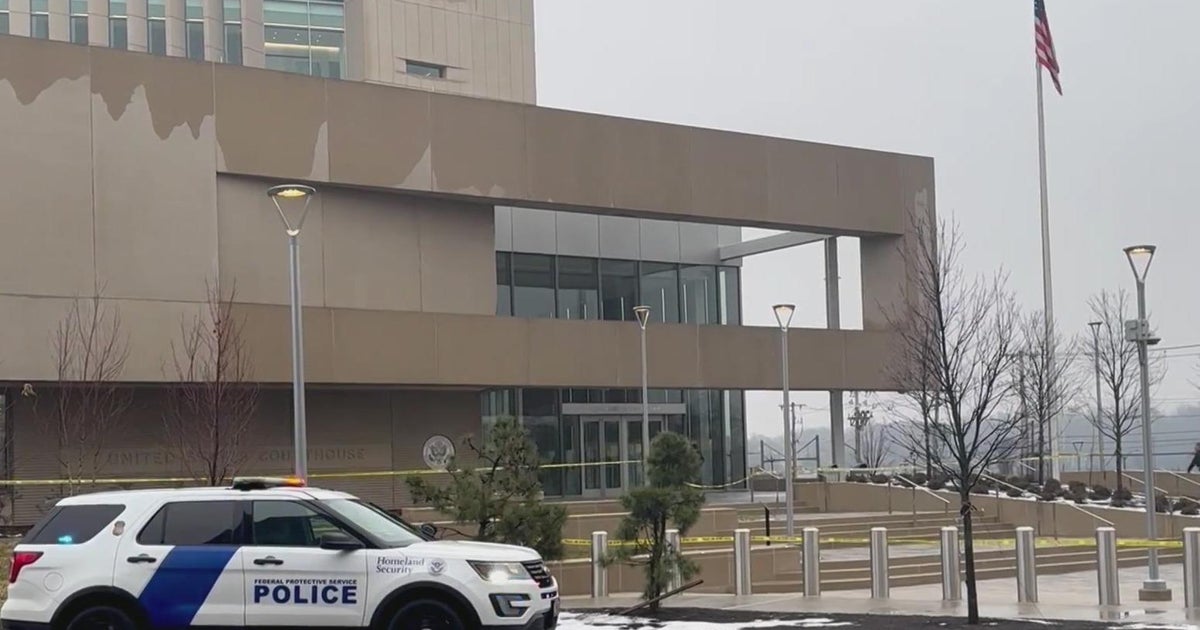Showdown Over Local Gun Laws Looms In Pennsylvania
HARRISBURG, Pa. (AP) - State lawmakers on Monday moved closer to an election season showdown with Democratic Gov. Tom Wolf over a bill designed to make it easier for gun owners and organizations like the National Rifle Association to challenge cities' firearms ordinances in court.
The Republican-controlled state Senate approved the bill, 30-19, in an effort to revive a law thrown out by the state Supreme Court in June on technical grounds. The heaviest opposition came from urban and suburban lawmakers in Philadelphia and its suburbs.
Approval from the Republican-controlled state House is still required, but Wolf has said he opposes the bill and the Senate did not muster a veto-proof two-thirds majority to pass it. Then-Republican Gov. Tom Corbett signed the original law in 2014, and the NRA's lobbying arm at the time called it "the strongest firearms pre-emption statute in the country."
Wolf's press secretary Jeff Sheridan said in a one-sentence statement Wolf "does not believe the state should be taking away a municipality's right to pass its own gun ordinance."
Join The Conversation On The KDKA Facebook Page
Stay Up To Date, Follow KDKA On Twitter
In general, Pennsylvania bars its municipalities from enforcing firearms ordinances that are stronger than state law. But gun rights proponents complain that courts throw out legal challenges by plaintiffs who cannot prove that a firearms ordinance harmed them, leaving dozens on the books and unchallenged.
Under the bill, the definition of who has standing to file legal challenges to local gun ordinances would expand to include any gun owner or membership organization, such as the NRA.
All but four Republicans supported it, including leaders of the Senate's Republican majority, while all but four Democrats opposed it.
After the first law took effect in January 2015, the NRA seized on it to challenge gun measures in Philadelphia, Pittsburgh and Lancaster. Harrisburg also fought a lawsuit, while other municipalities repealed their gun laws rather than face lawsuits.
Several Democratic lawmakers sued, along with Philadelphia, Pittsburgh and Lancaster. The justices permanently blocked the measure, agreeing with a lower court's ruling that packaging the measure into a bill on criminal penalties for theft of secondary metals, like wire or cable, violated a constitutional requirement that bills must be confined to one subject.
(Copyright 2016 The Associated Press. All rights reserved. This material may not be published, broadcast, rewritten or redistributed.)



